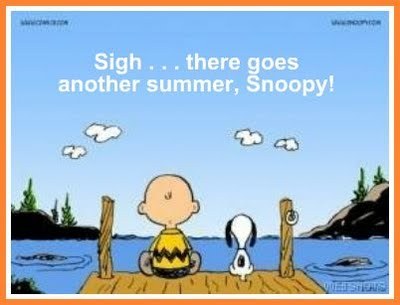Following on from yesterday's post about predictions for Big Data, I read an article today from EY: "How can we use big data to improve patient outcomes?" - there is still the need for human insight into the data as computers can only do so much. EY tell us that we "need to move beyond the big data hype to big data results". Wise words indeed!
 |
| Image source: Action for Better Healthcare. |
Big data has truly changed the way many businesses work - including healthcare companies. But big data is not "smart enough to derive true insight on their own". Medical analytics is a growing field - who knows, there may even be a cure for cancer discovered by a data scientist rather that a drug developer. Citing the Google Flu Trends work (that failed), EY warn that "correlation-based approach led to analytical insights that were too simplistic". Humans with genuine expertise in each medical field are required to make sense of data - the message is to bring data scientists and medical experts together to gain true insights into what the data may or may not reveal. A valuable tool is "sanity-checking machine findings" - only humans can do this.
Last evening I led an Information Evening about the Higher Diploma in Data Analytics at the National College of Ireland - there were over 100 people there hoping to find out more about our course as they contemplate a new direction in their career. I sensed a great enthusiasm among the group driven by hope for a leg up the Data Analytics ladder, as well as a real desire to use data to make a difference. These students will do well to remember that while they are studying data analytics over the next 10 months or so, there is no magic bullet written in R code that will cure cancer or whatever, without human insight.

































